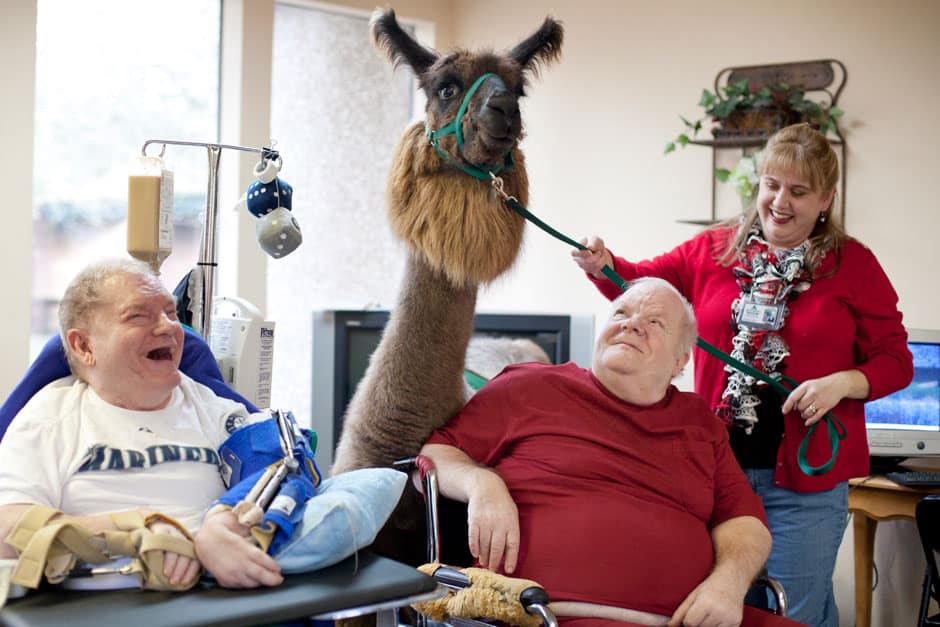



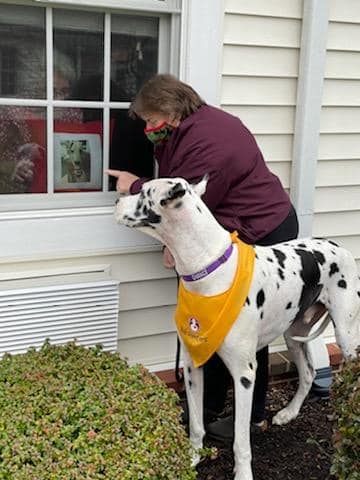
There is no doubt that time is one of the most valuable commodities that we have—especially in this era in which it seems the world is spinning faster than ever. Yet even with the culture of hustle that surrounds us, millions of people still choose to give their time to their communities through acts of volunteerism(6).
Often tied to our personal sense of meaning or to a cause that we can deeply identify with(1), volunteering allows us to act in a way that aligns with our values and desires for the community at a level larger than ourselves(9). To volunteer is commendable for many reasons. Not only does volunteering require time and energy, but it also often requires resources and careful planning on behalf of the person who is giving back(6). When we volunteer, we can connect with the community around us in a unique way, allowing us the opportunity to benefit a person who might otherwise be a stranger(6).
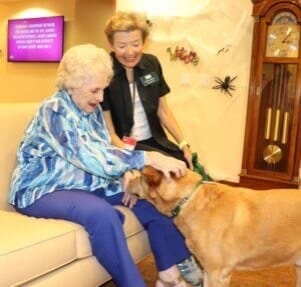
While volunteering takes effort, there are many benefits associated with this kind of engagement. Humans are highly social beings, and volunteerism is often reported to be a meaningful avenue by which we find fulfilling personal connections and are able to meet like-minded people(4,9). Volunteerism may also provide a safe space for a person to develop new skills while operating within a context that cultivates the appreciation of broader, new perspectives that we would otherwise be unable to obtain(4,9). Research suggests that volunteering is good for a person on multiple levels: positively impacting physical health, encouraging social skills that result in stronger interpersonal relationships, helping to achieve a sense of purpose, and even potentially helping a person in their career(9).
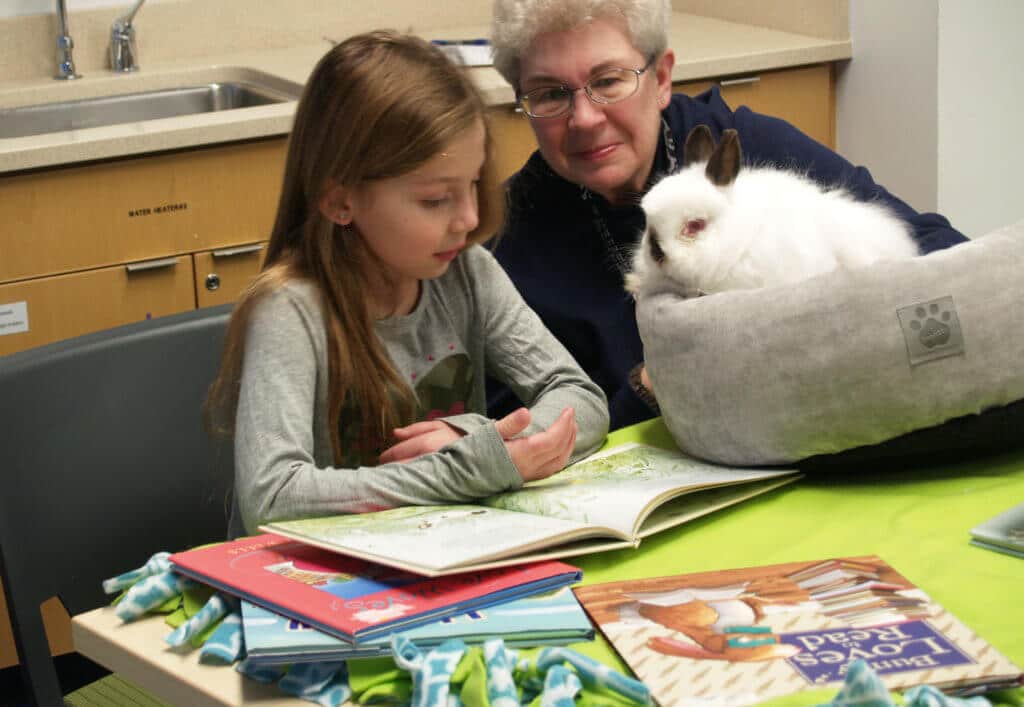
Within the larger world of volunteerism, there are many areas of engagement available to meet a person’s specific desires, skills, and hopes for the community. One of the areas in which volunteerism is most critical relates to animal care and interaction, where volunteers are commonly called upon as the primary workforce to help raise awareness, rescue animals, and even share the love of animals through activities such as animal-assisted interventions (AAI). Over the last several decades, volunteering with animals has greatly increased, a phenomenon that is likely associated with shifts in cultural norms related to how we interact with animals(3).
Volunteers who give their time working for these kinds of organizations tend to identify with animals at a deep level(1). They are fueled by personal motivation, which is essential to realize in encouraging the growth of the programs that depend on volunteers to meet these needs(5,7). Volunteers who partner with therapy animals report many different motivating factors that inspire their work. They are proud of their pets and enjoying operating together as a team(5).
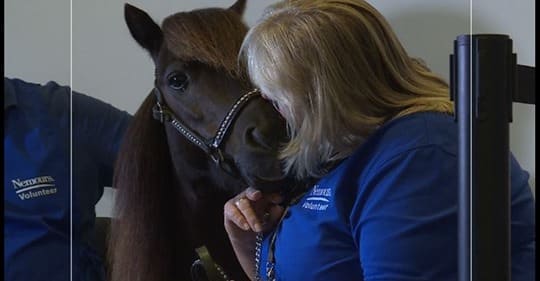
These activities are inspired not only by a person’s desire to answer a calling upon their lives. Volunteers in this realm also report being motivated by their connection with their animals(5,8). Many AAI volunteers act according to a sense of responsibility they feel to enrich the lives of their animals(5) and find that this sort of partnership benefits their relationship with their pets(8). It is a rewarding experience for these volunteers to watch the ways in which their animals have positive interactions with others(5), bolstering this type of volunteerism to become an important leisure activity for many of the people who engage in it(8).
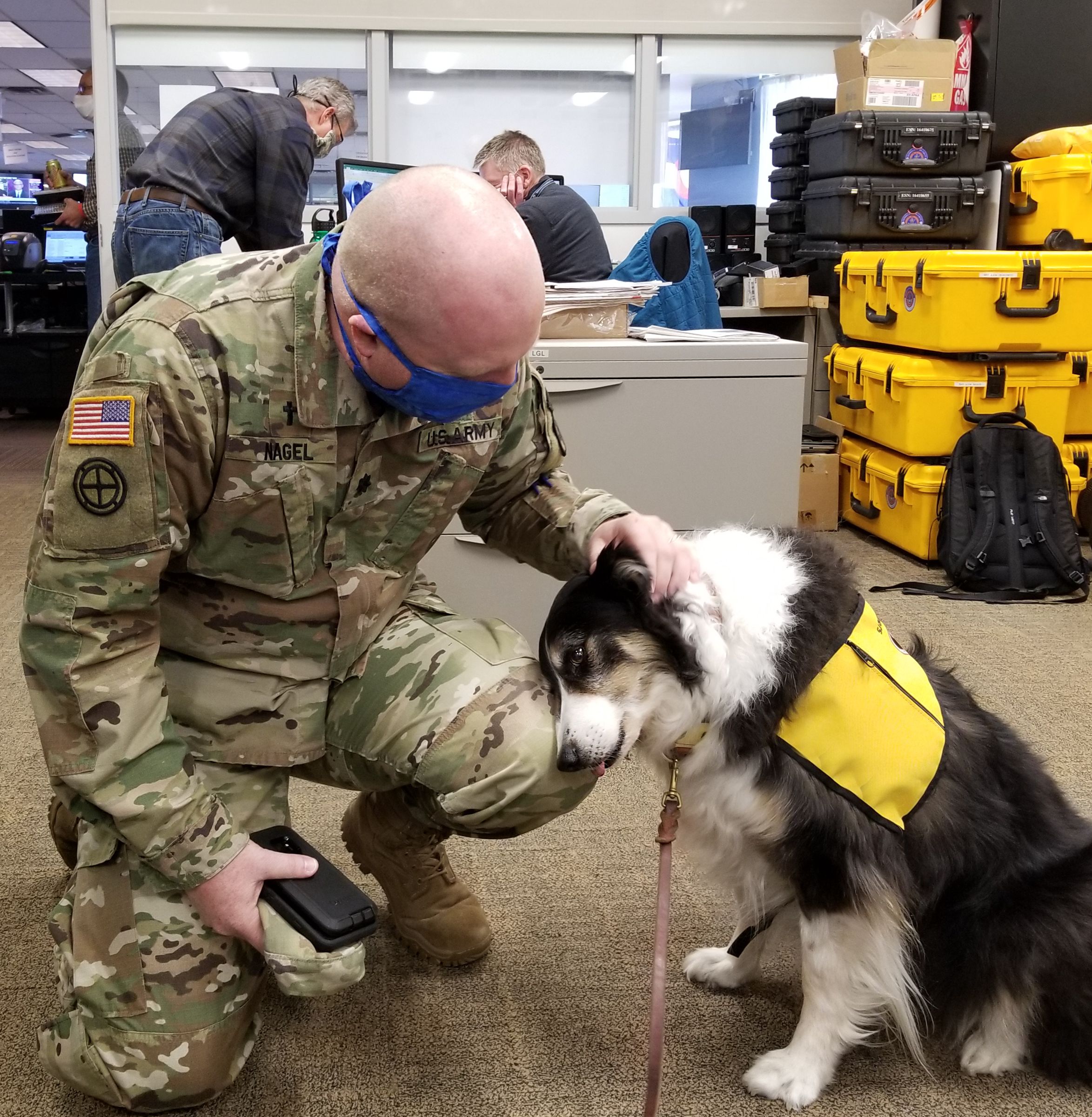
While a love for animals certainly plays a role in inspiring people to volunteer at this intersection, there is more at play when it comes to setting the stage for people who give back in this manner. Those who help in the animal world have been found to be quick to respond to other needs within their communities(10), suggesting that this sense of personal enrichment correlates with value systems that orient a person towards a willingness to assist when a need is presented to them(8).
All in all, volunteerism is an essential activity that supports individuals, communities, and even animals who are served by a volunteer’s call to action. Though the work is sometimes hard, the calling is always noble, and the benefits are tangible for all who are involved within the scope of these services.
Is volunteering with your pet a passion for you? Learn more about becoming a Pet Partners therapy animal team and get started.
Pet Partners is committed to supporting our work through empirical investigation and data. Learn more about animal-assisted interventions and the benefits of the human-animal bond.
References